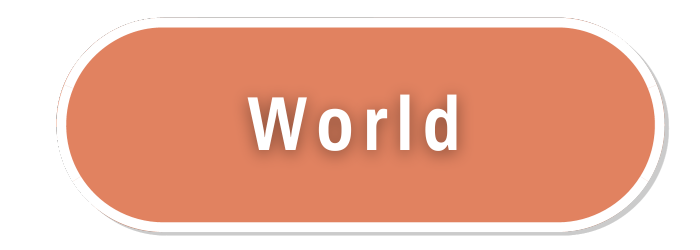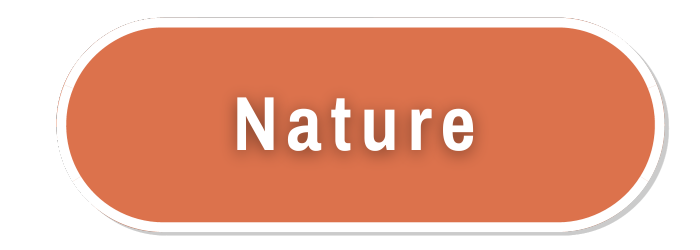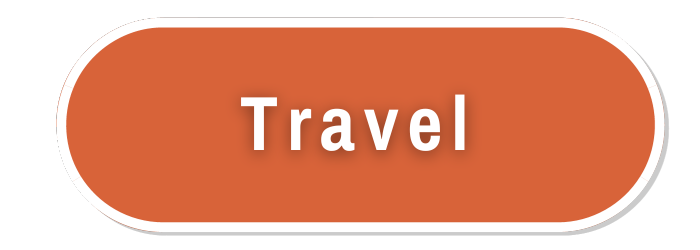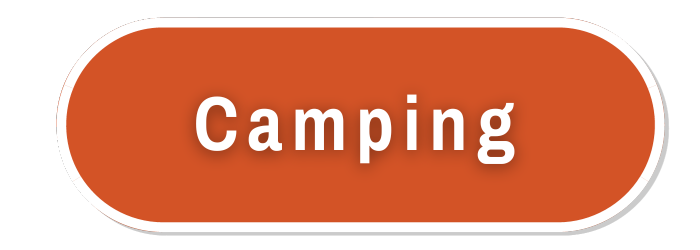Integrity in education has been important throughout history. Ancient Greece, it revolved around developing morally upright citizens. In Medieval Times, integrity was tied to teaching religious values. Only the wealthy could afford a good education. During the Renaissance, there was an emphasis on intellectual curiosity. However, schools as we know them didn’t yet exist. Each period in history had its challenges when it came to integrity. In modern times the challenges to integrity may differ, but it is crucial to address them.
Ancient Greece
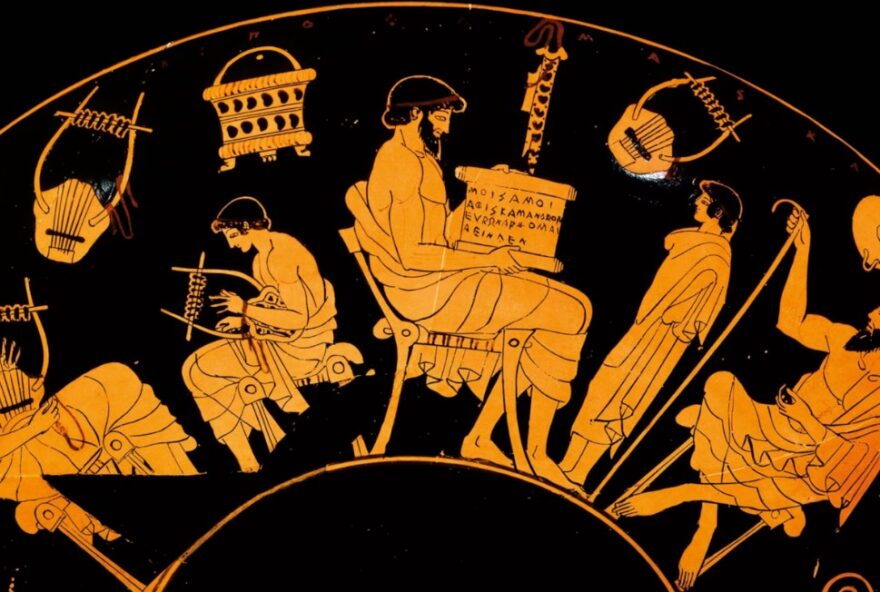
A brief history of Ancient Greece shows that students were taught to live up to high ethical standards. They were encouraged to develop virtues like integrity, honesty, and courage. Philosophy was an essential part of the curriculum. Students would study philosophers like Aristotle, Plato, and Socrates. Physical education was another important subject. It was seen as a way to develop discipline, fairness, self-control, and teamwork. Creating ethically sound, socially responsible citizens was a priority in Ancient Greece.
Today academic integrity is essential for students at university or college. Plagiarism is unacceptable when writing a research paper. On GradesFixer, students can find examples of essays on integrity and many other topics. Learning from these examples can help them to understand how to quote their sources and much more. If they can’t find what they need, they can get help writing plagiarism-free essays from expert writers.
Medieval times

In Medieval times integrity was tied to religious values. Religious institutions played a significant role in education. Education depended on social class and available resources. Only the upper classes had access to advanced education. Those entering the clergy or positions of power would study subjects such as theology, philosophy, and law.
It was a time when vocational rather than academic education was dominant. Rote learning and memorization were common in religious schools. Only a small percentage of the male population and far less of the female population were likely to be educated. Literacy skills were taught for practical purposes, such as reading and writing documents.
Renaissance

In the Renaissance, education became more secular in nature. It was a time when learning was highly valued. Despite this, public schools as we know them today didn’t exist. Boys would have a classical education based on Latin teaching if they wanted to attend university. Otherwise, they would do an apprenticeship for a trade. Some girls received an education, but more were educated in practical matters at home.
Children of the nobility or upper classes would attend humanist secondary schools. The design of the teaching methods was to produce well-rounded, liberally educated individuals. There was a focus on intellectual curiosity and developing critical thinking. The Dutch humanist Desiderius Erasmus was influential at the time. He believed that understanding meaning was more important than memorization.
When the printing press was invented, it helped to increase literacy as books became more widely available. Scholars in the Renaissance understood the value of upholding high ethical standards. Readers expected them to demonstrate integrity and honesty in their scholarly works.
Modern education

In modern times, education is more formalized than it was before. There are hundreds of different types of academic institutions, both public and private. What they have in common is that they emphasize academic honesty and integrity in their codes of conduct. Students are required to approach their studies and research ethically. Academic integrity includes who they are as individuals and how they act when it matters. When students plagiarize or cheat they suffer consequences.
Challenges to Integrity in modern education
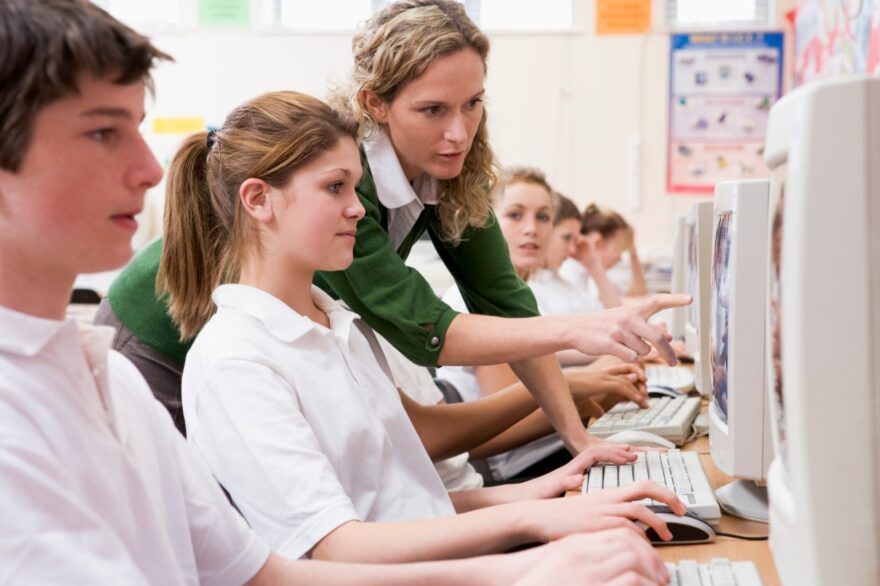
Education is not just about transferring information. Even ancient civilizations realized that it involved much more than this. The Greeks emphasized physical development, philosophical studies, and moral values. Universities today have greater challenges regarding integrity in education in all its forms.
Proliferation of information: Students have more access to information than ever before. Collaboration, social networking, and connectivity are a part of their daily lives. With an abundance of information available, it is much easier for them to copy and paste from a variety of sources without giving credit.
The move to online teaching: The move to online teaching has also brought along new challenges that could affect academic integrity. Assessments are one of the areas where a lack of physical supervision can be a problem.
Use of artificial intelligence tools: The use of artificial intelligence is posing the latest challenge. Students may use AI tools to write their academic essays. Educational institutions are debating how to deal with the situation. Many are looking for their own AI tools to help them detect AI use.
Educational institutions have a responsibility
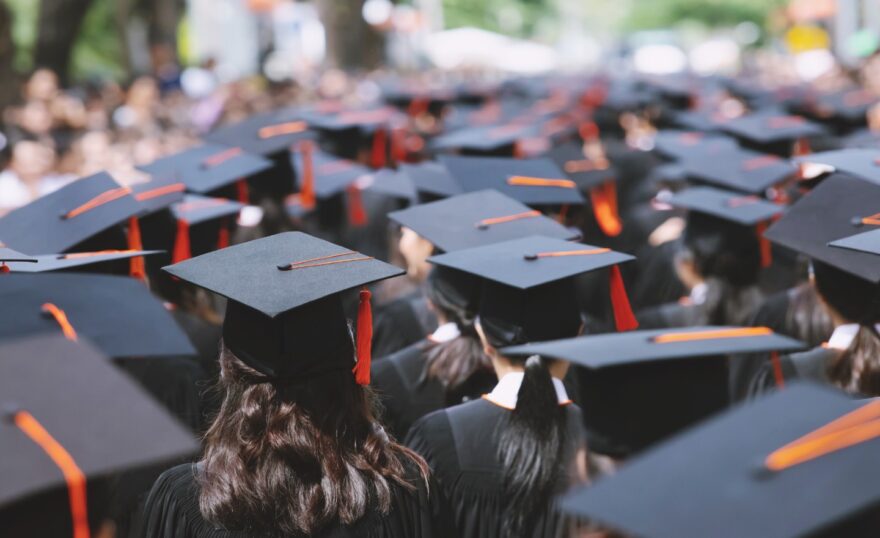
Today it is essential to educate students about the importance of educational integrity. Educational institutions must help them to learn about personal and professional standards. They need to know the do’s and don’ts of academic integrity and how to avoid unintentional breaches.
Educators also have to realize the importance of embracing new technologies. They need to start finding different ways to teach. They need to prepare students for the workplace where the use of technological tools is expected. Education is facing a massive shift. Integrity is just one of many challenges that need addressing.
Conclusion
Through the ages, societies passed on values related to integrity through education. It has been the foundation for developing moral character in students. Only when students realize the value of integrity will they produce honest, authentic scholarly work. Schools need to find ways to help students to navigate a new landscape with so many sources of information and advanced technology. Technology helps educators to keep a close eye on student’s work so they need to ensure best practices and utmost honesty in their educational journey.








